Israel should not count on European leaders quickly forgetting the deaths of tens of thousands of Palestinians in Gaza, even if Donald Trump’s peace deal succeeds in ending the war.
That’s the candid private view of diplomats, politicians and officials in Brussels, London and beyond, who are convinced that their efforts to pressure Israel into a ceasefire have paid off — and must continue.
After two years of war, many of them feel relieved the Israeli hostages are free and that there is at last hope for peace. But speaking to POLITICO, some voiced doubts about key parts of the U.S. president’s initiative and said it was too soon to reduce the diplomatic heat on the Israeli government, not least because their own voters are not yet ready to move on.
The destruction of Gaza and the deaths of more than 60,000 people demand accountability, justice and a properly funded reconstruction plan, they said as the deal to end the war that followed the Oct. 7, 2023 Hamas attacks on Israel was signed in Egypt. “Our pressure is still important,” said one EU official, granted anonymity, like others quoted here, to speak candidly. “If we want to lift all the pressure, then Israel needs to deliver.”
For the past two years, the war in Gaza has bitterly divided societies across Europe and driven a wedge through politics at the highest levels of the European Union. As the humanitarian crisis worsened in Gaza, pro-Palestinian protests gripped European cities while antisemitic attacks on synagogues and other Jewish sites increased.
EU leaders steadily lost patience, blaming Israeli Prime Minister Benjamin Netanyahu’s administration for creating a “man-made famine” in Gaza under the umbrella of dismantling Hamas.
 As the humanitarian crisis worsened in Gaza, pro-Palestinian protests gripped European cities while antisemitic attacks on synagogues and other Jewish sites increased. | Nicolas Maeterlinck/AFP via Getty Images
As the humanitarian crisis worsened in Gaza, pro-Palestinian protests gripped European cities while antisemitic attacks on synagogues and other Jewish sites increased. | Nicolas Maeterlinck/AFP via Getty ImagesEmmanuel Macron’s France led a drive to recognize the state of Palestine at a special United Nations conference last month, reinforcing international calls on Israel to end its assault and allow aid to flow into Gaza.
The European Commission proposed a raft of sanctions and penalties designed to hit trade and cooperation with Israel. In the end, the EU’s 27 member countries argued among themselves and couldn’t reach an agreement on introducing the measures, though the plans remain in the air.
The arguing among European countries is likely to continue as the EU now weighs whether to lift the threat of sanctions.
A window for a reset
The Trump-inspired ceasefire and hostage deal has opened a window for a reset in relations between Israel and Europe. This week, Israel’s new ambassador to the EU told POLITICO the EU should now lift all its threats of sanctions and restore full bilateral cooperation because the truce meant there was no reason for the restrictions to remain in place.
Asked if the EU agreed, a European Commission spokesperson was guarded. She told journalists on Monday that the change in the “context” on the ground could lead to a review of the proposals and the measures already imposed on Israel. But this would not happen until ministers from national governments meet next week, she added. “We are not there yet.”
Underlining the caution, the EU commissioner responsible for humanitarian aid, Hadja Lahbib, said on X that the release of the Israeli hostages on Monday was “only the first step,” adding: “Aid must urgently reach Palestinians at scale in Gaza & the upcoming peace summit in Egypt must deliver lasting political solutions.”
EU leaders are due to gather for a summit in Brussels on Oct. 23, but so far the agenda contains no mention of reviewing the bloc’s approach to Israel.
Diplomats said they believed European pressure on Israel had made a difference, especially Macron’s drive to recognize the state of Palestine, and that they are loath to abandon that leverage. “Without wanting to oversell it, I do think European efforts have been a cog in the machinery that has led to this outcome,” one EU diplomat said.
For many, though, the key test for allowing the EU to ease its pressure on Israel is whether Palestinians get the food and supplies they urgently require. “It all depends if the support needed by Gaza finally gets to the people there,” said one official from a European government. “If yes, the Commission will withdraw their proposal and that’s it.”
Justice and accountability
As Trump and Netanyahu swapped mutual congratulations in Israel on Monday, some officials in Brussels watched their display with a sense of foreboding. At one point, Trump even suggested Netanyahu should be pardoned in relation to the corruption charges he faces at home — a move that contributed to the sense Trump wants to look forward, not back.
The official quoted above stressed that Israel must be held accountable for what some have called the “genocide” in Gaza. “What is very important in a peace process is that justice is done and accountability is done. Let’s not forget that 60,000 innocent people have been killed, that Gaza is destroyed,” they said.
At the height of the humanitarian crisis, the German government banned the export of any weapons to Israel that could be used in Gaza. Now, ministers in Berlin are preparing to review those measures to see whether the conditions allow restrictions to be lifted.
 “Let’s not forget that 60,000 innocent people have been killed, that Gaza is destroyed,” a European government official said. | Omar Al-Qattaa/AFP via Getty Images
“Let’s not forget that 60,000 innocent people have been killed, that Gaza is destroyed,” a European government official said. | Omar Al-Qattaa/AFP via Getty ImagesIn Paris, where the government is in its own spiral of disarray, there is still a desire to maintain some negotiating power. “We need to keep [the threat of sanctions] and condition their removal. Everything that has been obtained from Netanyahu has been done under duress. It’s not the moment to decrease pressure,” said a former French official. It’s “too premature.”
One member of parliament from Britain’s ruling Labour Party agreed it was too soon to consider lifting sanctions. “I have a strong sense that pressure on Israel will still be needed,” the MP said.
Europe’s role
European officials are pressing for a major role in the process that follows, demanding a seat on Trump’s proposed “board of peace” that would oversee the administration of Gaza. Trump was vague on Monday about its composition, referring questions to his envoy Steve Witkoff, who said he had many applicants.
In Brussels there is some skepticism about this new body, amid private suggestions it might simply be an opportunity for western construction firms to make money rebuilding Gaza from the rubble.
The cost of reconstruction has been estimated at more than $50 billion. The EU is a major donor to the Palestinians and its funds will be vital to the recovery effort.
But officials want influence as well as invoices. “Europe has to be more than just a payer. Europe has to play the role of an honest broker as it always has been,” said one person involved in discussions in Brussels.
A senior British official said: “Our problem is going to be that the U.S. wants to own this, so how can the U.K. play a part?” A second senior official said the U.K. felt it had a special responsibility to support the peace process as a result of Britain’s historic role in the region.
Unfortunately, the EU’s inability so far to agree on the imposition of sanctions or penalties on Israel seems to have weakened its hand in the region. One diplomat from a Gulf country said the EU had been “missing” during the crisis and that it was far from clear what role the bloc could have, if any.
In part, European politicians know they can’t afford to look powerless or absent from the Gaza peace process because divisions over the Middle East have the potential to derail their political agendas at home.
A terrorist attack on a synagogue in Manchester earlier this month grimly demonstrated how the Gaza war has torn parts of the U.K. apart. Across Europe, tens of thousands of protesters have taken to the streets to demonstrate against the suffering of Palestinians in Gaza.
“The politics of the Middle East is going to be part of national elections,” the EU official quoted above said. “It’s extremely polarizing. So if Europe doesn’t have a positive role to play, it will pay a price.”
Young generations starting to vote have grown up watching the horrors of the war streaming on their smartphones. “That’s why if there’s no justice and no accountability, I don’t know what happens, including in Europe,” the official said. “It’s not the end of it. It’s the beginning.”
Sarah Wheaton and Nick Vinocur contributed reporting from Brussels; Bethany Dawson contributed reporting from London.

.jpeg)
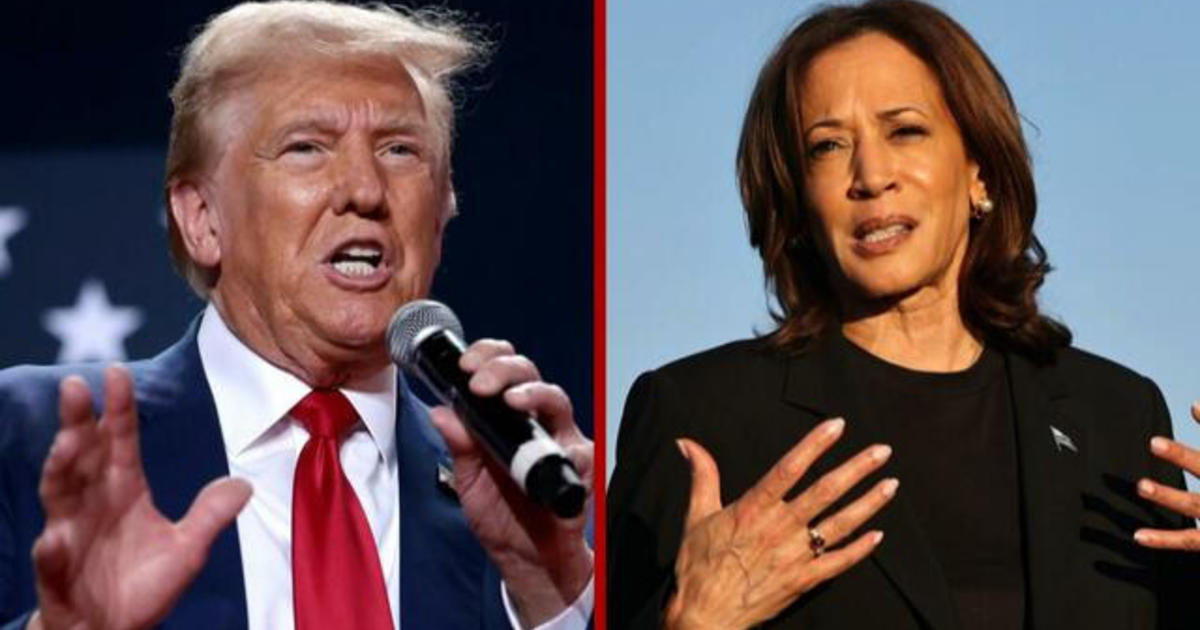
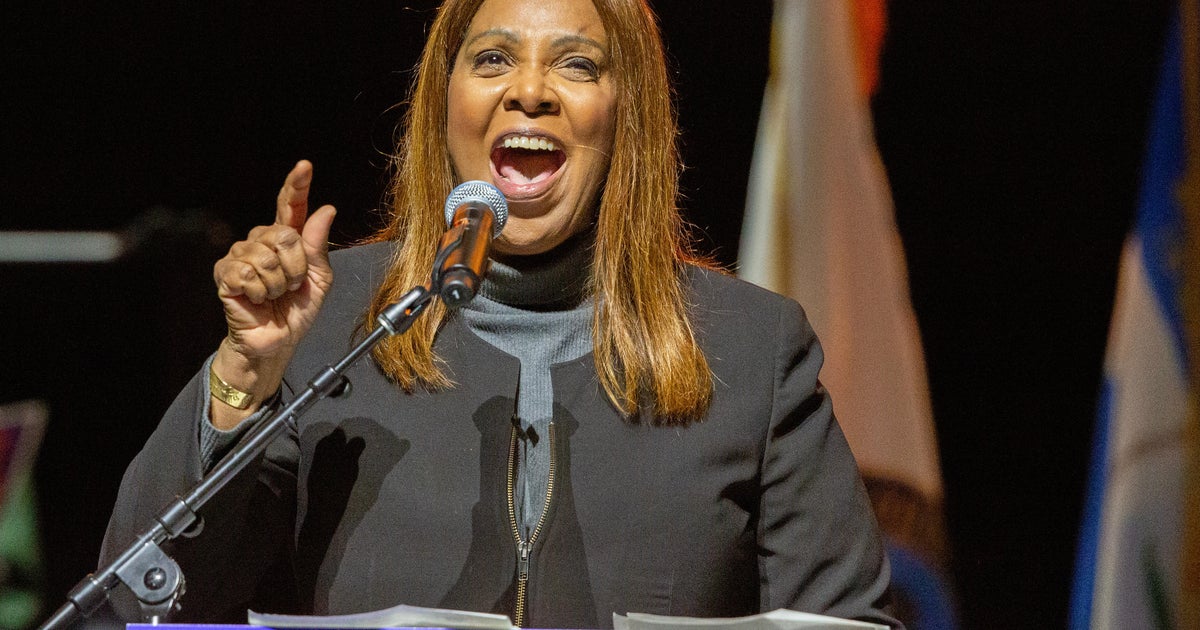


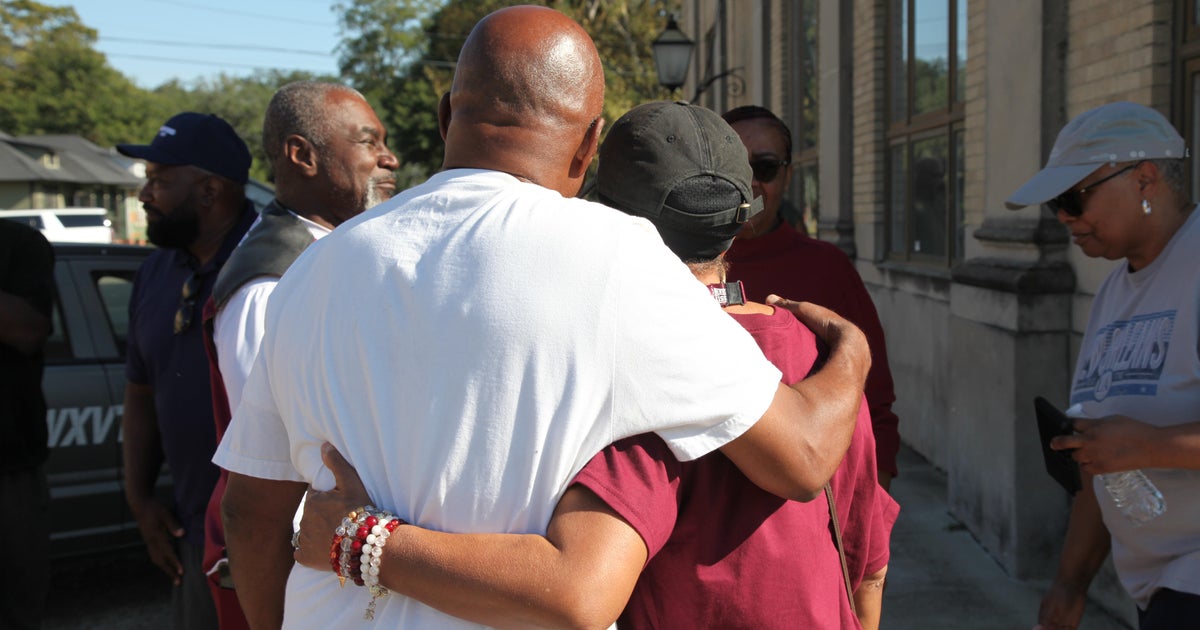


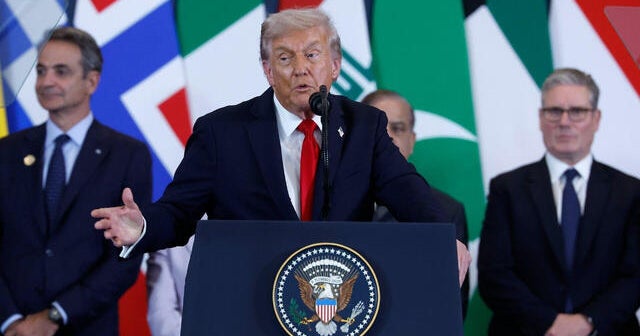
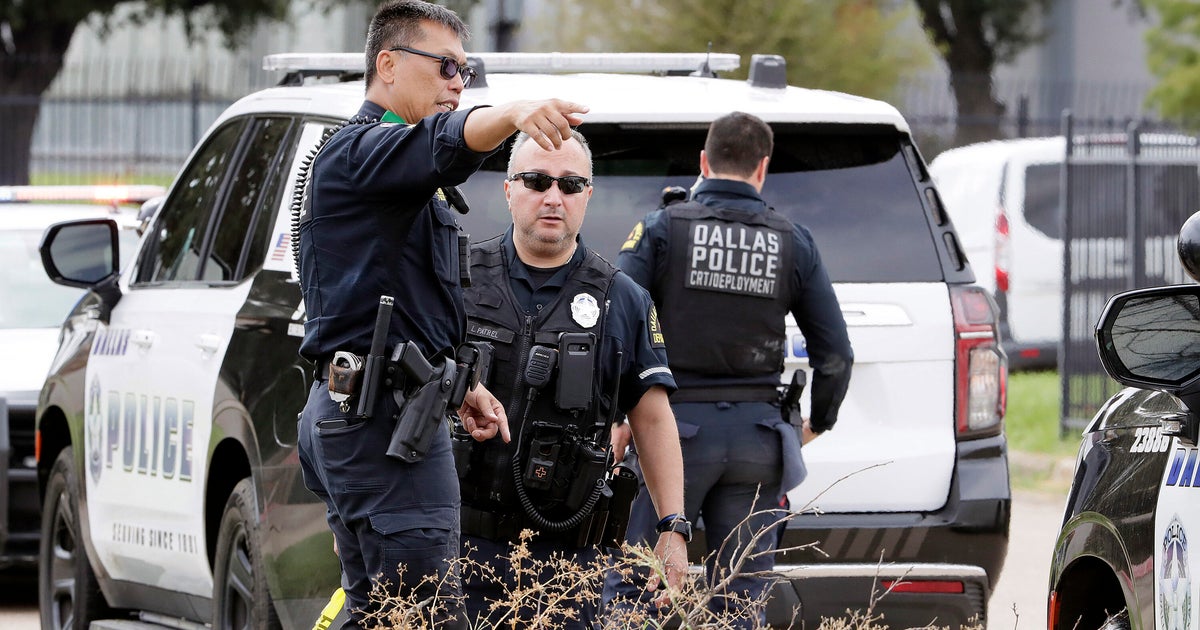

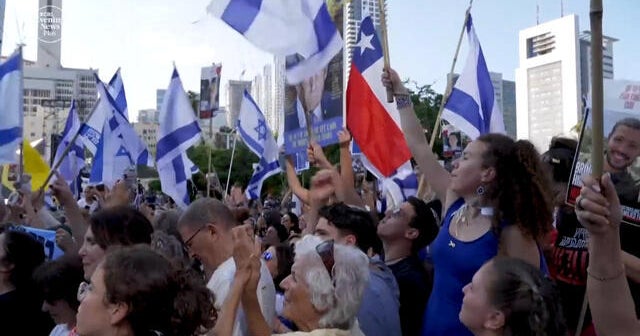
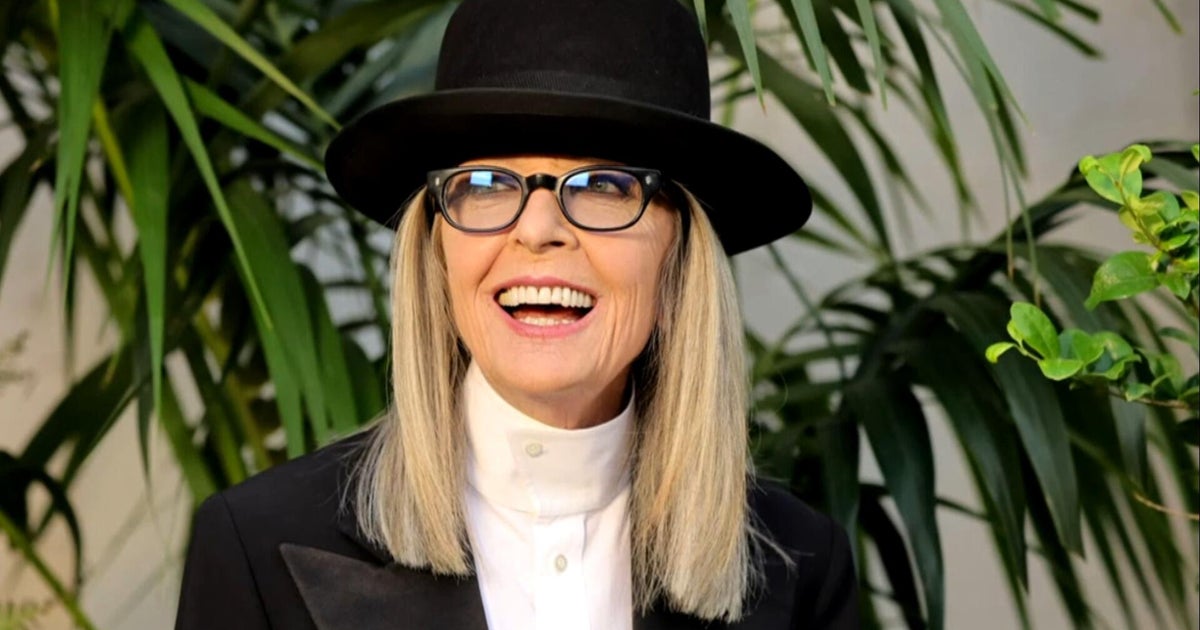
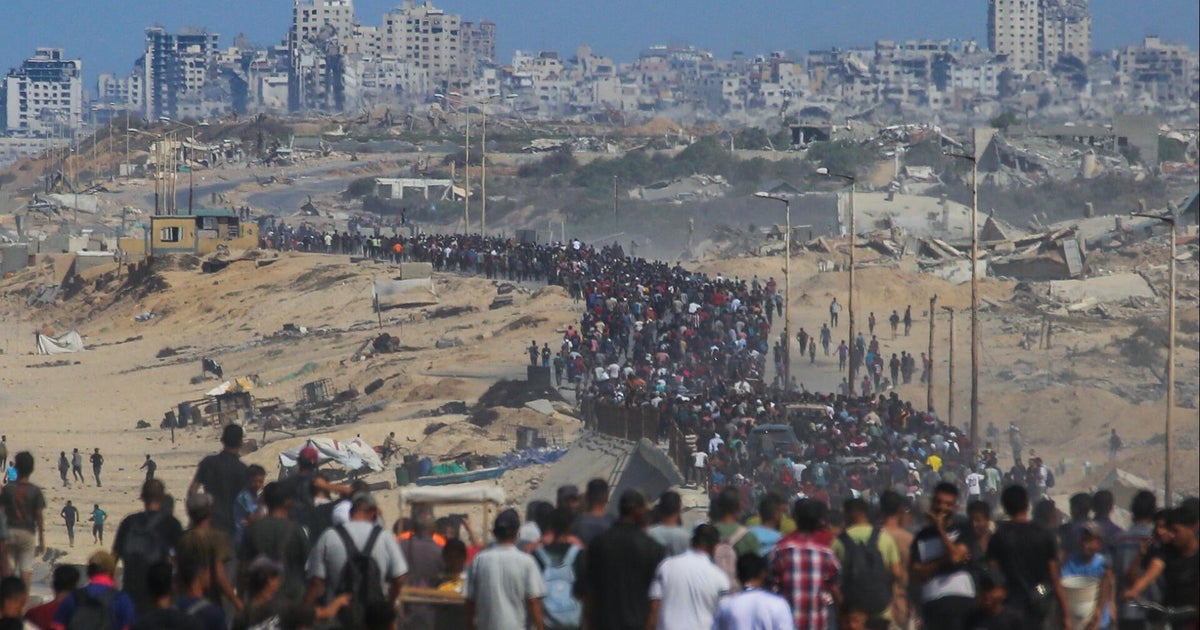
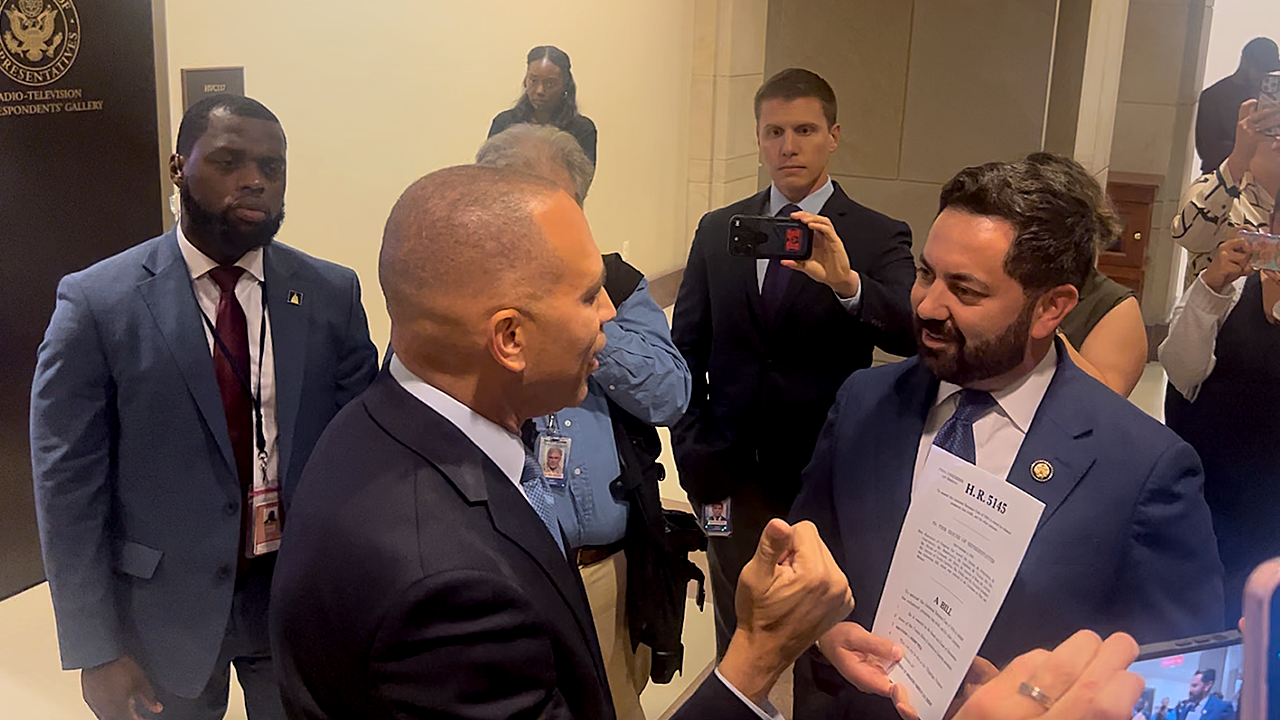
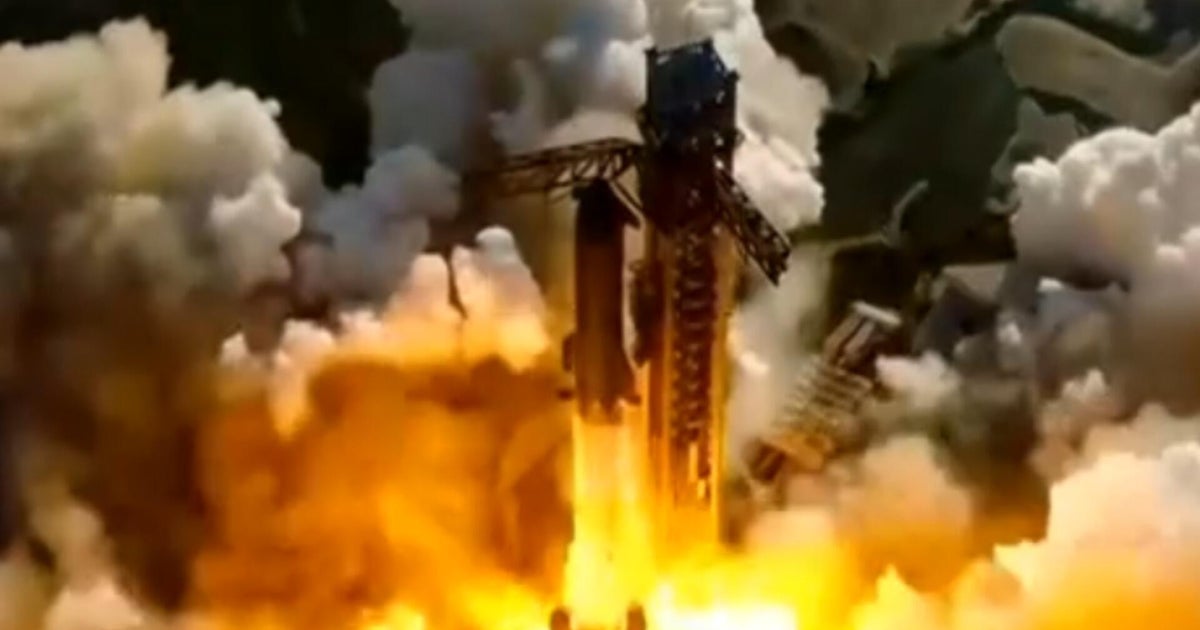
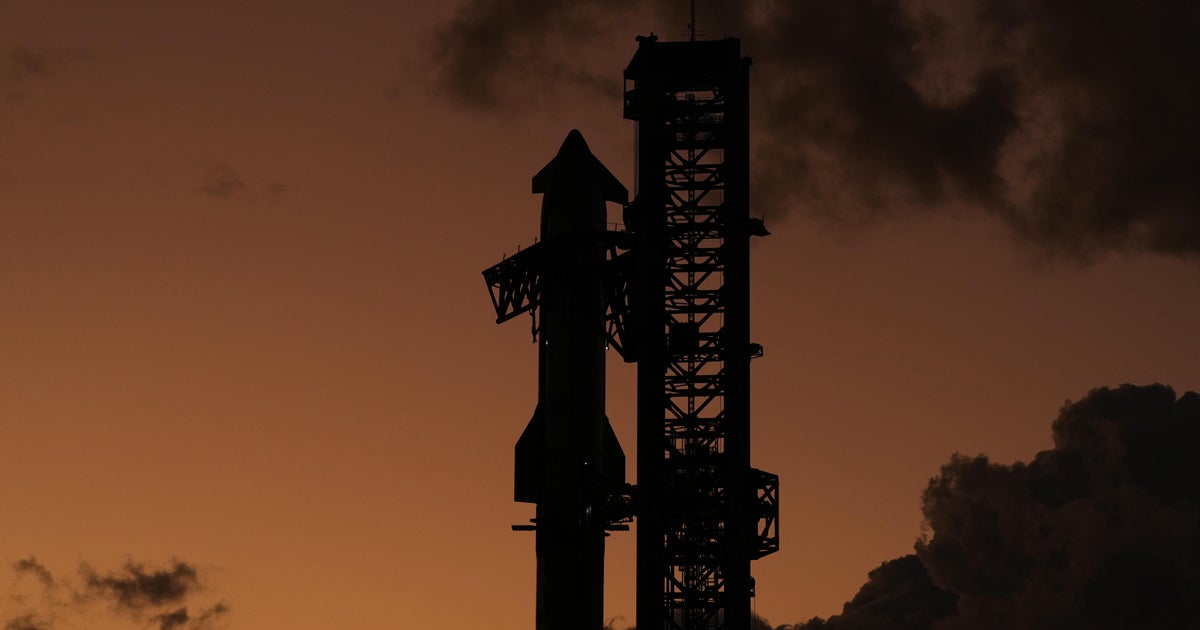
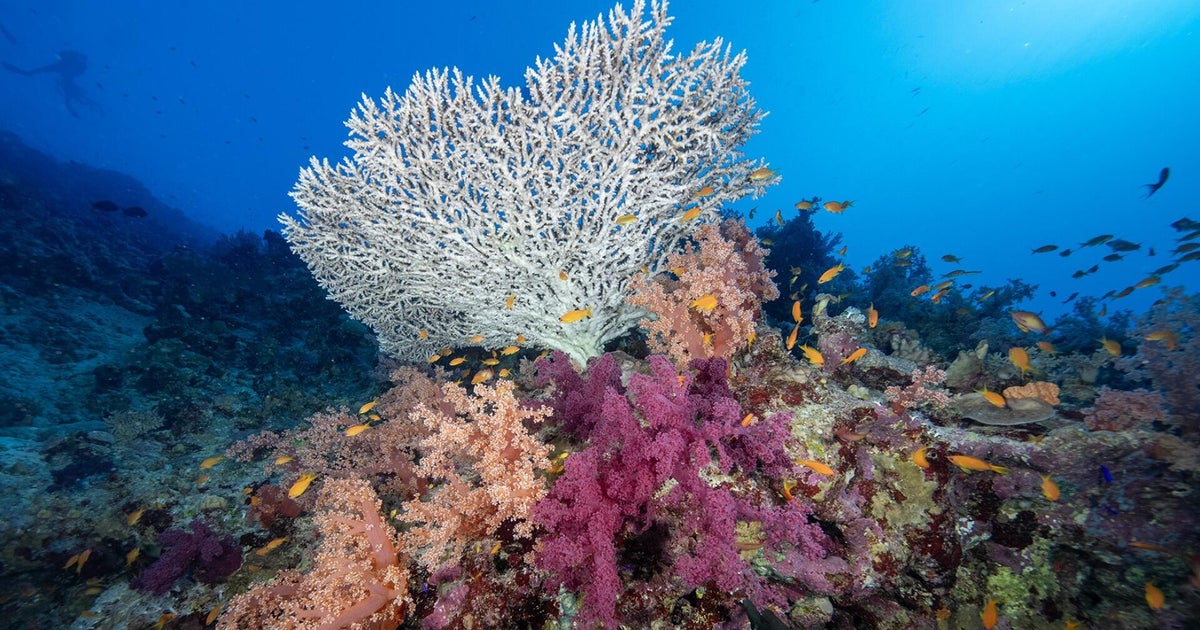
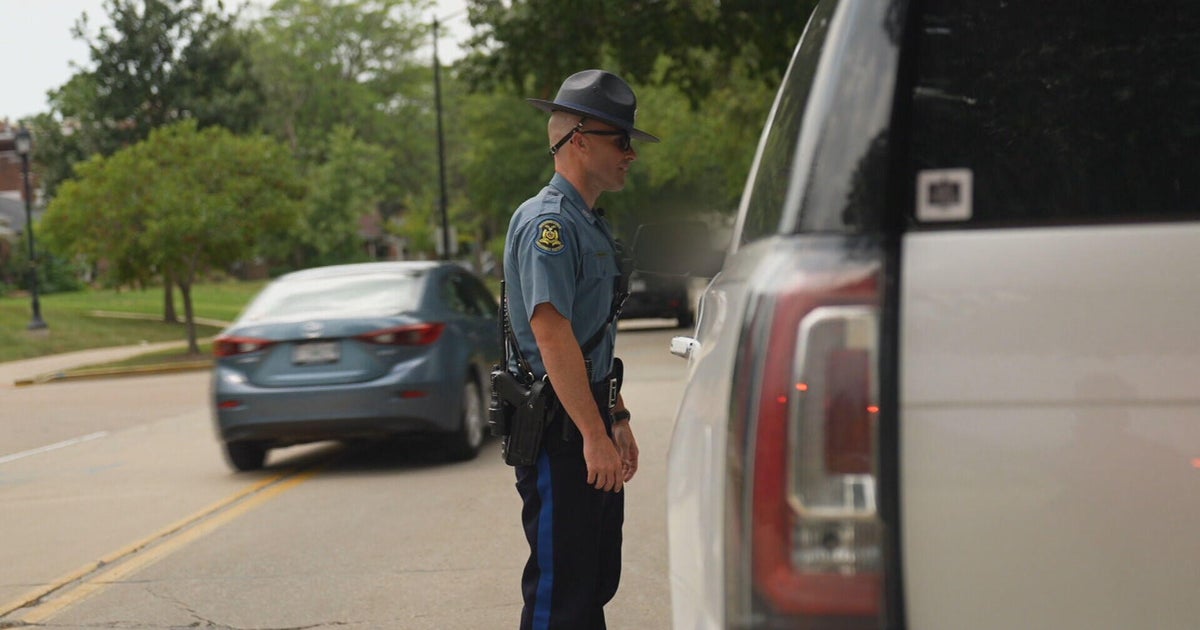
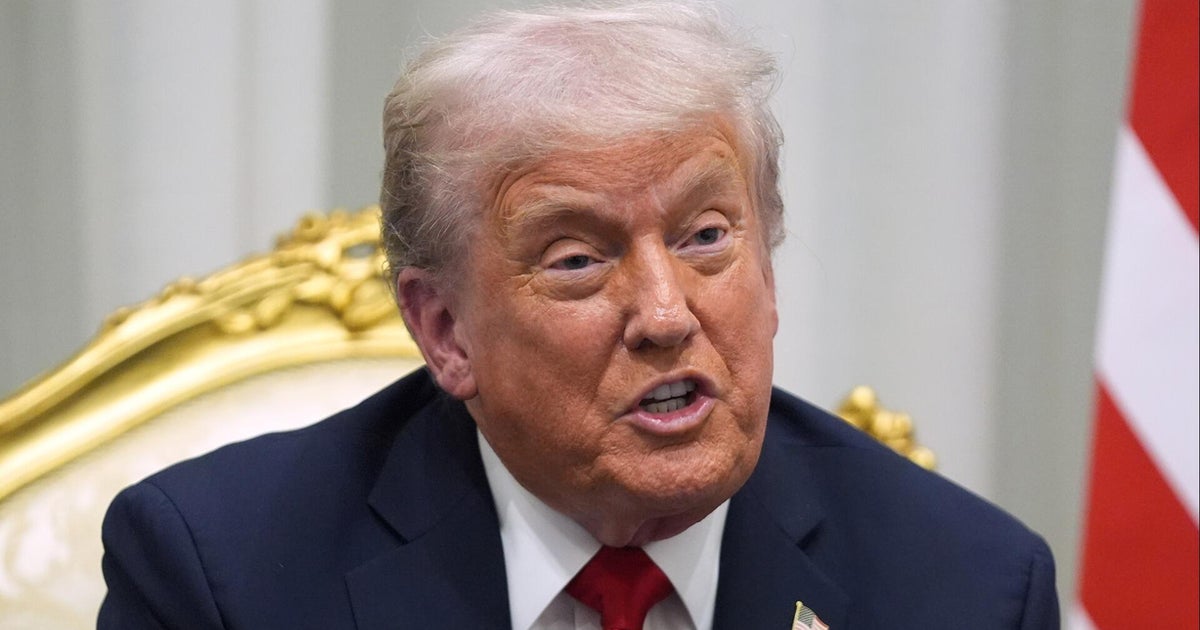
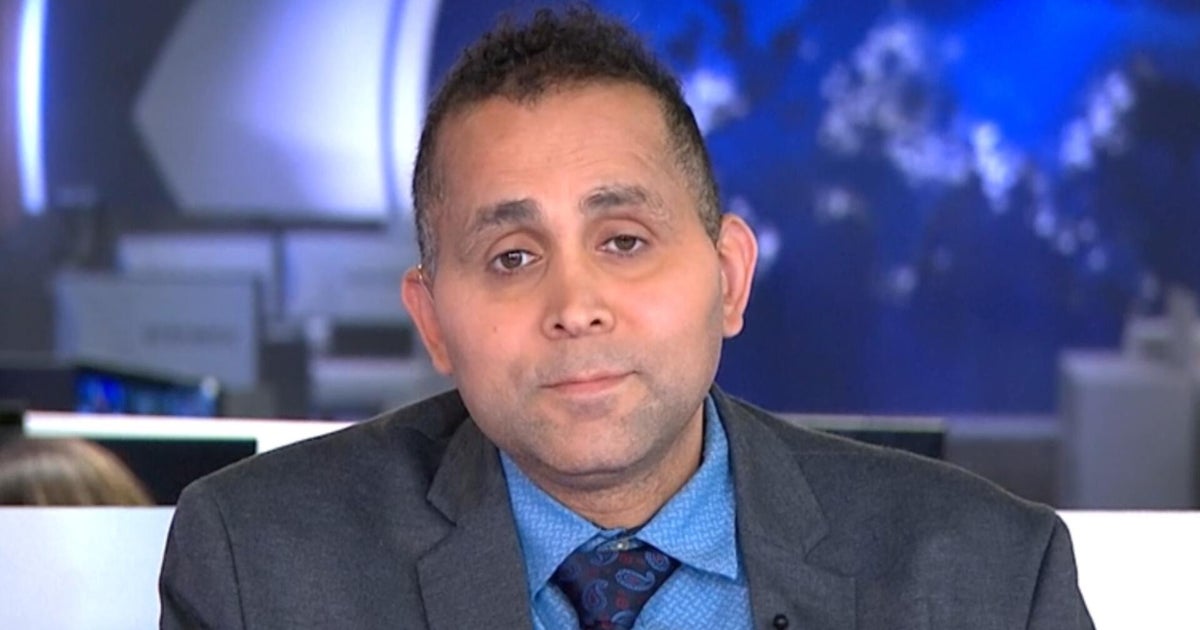




.jpeg)












 English (US) ·
English (US) ·